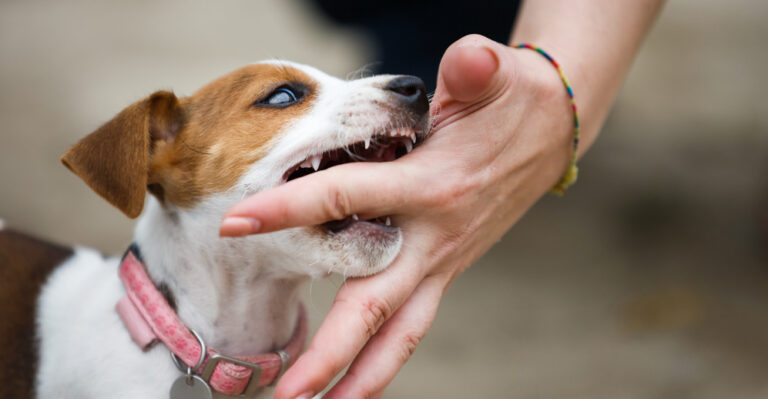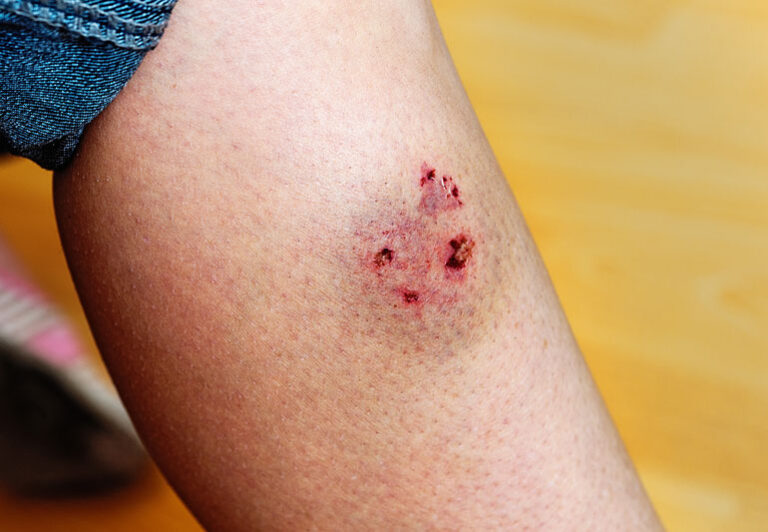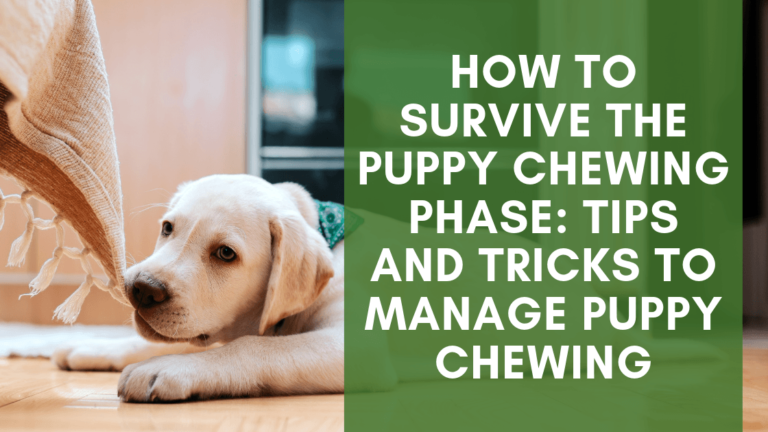Puppy Biting Phase: When Does It End?
Why Understanding Puppy Biting Phases Matters
If you’re dealing with a mouthy puppy, you’re not alone. Puppy biting is completely normal behavior, but knowing when it ends and how to manage it can save your hands, furniture, and sanity during this challenging phase of puppyhood.
1Understanding the Natural Timeline (8 weeks – 6 months)
Why Puppies Bite
Puppy biting isn’t aggression—it’s exploration. Young puppies use their mouths to investigate their world, much like human babies do. They also bite during play with littermates, which teaches them bite inhibition through natural feedback when they bite too hard.
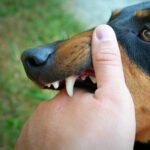
The Teething Connection
Between 3-6 months, puppies lose their baby teeth and grow adult teeth. This process causes discomfort, making them seek relief through increased chewing and biting behaviors. Understanding this helps you provide appropriate outlets for their need to bite.
Signs Your Puppy is in the Peak Biting Phase

- Constantly mouthing hands, arms, and clothing
- Seeking out items to chew throughout the day
- Red, swollen gums from teething
- Increased playful nipping during interactions
- Difficulty settling down without something to chew
2When the Biting Phase Typically Ends (6-12 months)
The Gradual Decline
Most puppies begin showing significant improvement in their biting behavior around 4-5 months, with continued progress through their first year. By 6 months, when all adult teeth are typically in, the intense need to bite decreases substantially.
Individual Variation Factors
The exact timeline varies based on breed size, individual temperament, and training consistency. Larger breeds may take longer to mature, while smaller breeds often show improvement earlier. Consistent training accelerates the process significantly.
Keep a puppy diary tracking biting incidents. You’ll likely notice the frequency decreasing around 4-5 months, which helps you see progress during frustrating moments.
Effective Training Strategies to Speed Up the Process
Bite Inhibition Training
Teach your puppy that teeth on skin means fun stops immediately. When they bite, say “ouch” in a high-pitched voice and withdraw attention for 10-15 seconds. This mimics how littermates respond to painful bites.
Redirection Techniques
Always have appropriate chew toys ready. When your puppy goes for your hands, immediately redirect them to a toy. Praise enthusiastically when they choose the toy instead. This teaches them what’s acceptable to bite.
Exercise and Mental Stimulation
Tired puppies bite less. Ensure your puppy gets appropriate exercise for their age and breed, plus mental stimulation through puzzle toys and training sessions. A well-exercised puppy is more likely to settle calmly.
Essential Supplies for Managing Puppy Biting
- Variety of chew toys (rubber, rope, frozen treats)
- Puzzle toys for mental stimulation
- Bitter apple spray for furniture protection
- Baby gates to manage interactions
- High-value training treats for redirection
- Frozen washcloths for teething relief
Common Training Pitfalls
- Physical Punishment: Never hit, tap, or grab your puppy’s muzzle. This can increase fear and potentially worsen biting behavior.
- Inconsistent Rules: Don’t allow biting sometimes but not others. Mixed messages confuse puppies and slow progress.
- Overwhelming Play: Rough play encourages biting. Keep interactions calm and controlled, especially with children.
- Inadequate Exercise: Under-stimulated puppies often develop excessive biting habits that persist longer.
3When to Seek Professional Help
 Red Flag Behaviors
Red Flag Behaviors
While puppy biting is normal, certain behaviors warrant professional guidance. If your puppy shows resource guarding, growling during handling, or biting that increases in intensity rather than decreases after 6 months, consult a certified dog trainer or veterinary behaviorist.
Setting Realistic Expectations
Remember that some breeds are naturally more mouthy than others. Herding breeds, retrievers, and terriers may take longer to outgrow biting tendencies. Patience and consistency are key to success with all puppies.
Your Puppy’s Biting Phase Will End
The puppy biting phase typically peaks between 3-6 months and gradually improves as your puppy matures. With consistent training and patience, most puppies show significant improvement by 6-8 months and develop excellent bite inhibition by their first birthday.
Remember that this phase is temporary and completely normal. Every day of consistent training brings you closer to having a well-mannered adult dog who knows how to control their mouth.
Stay patient, stay consistent, and trust the process—your efforts during these early months will pay off with years of wonderful companionship ahead!

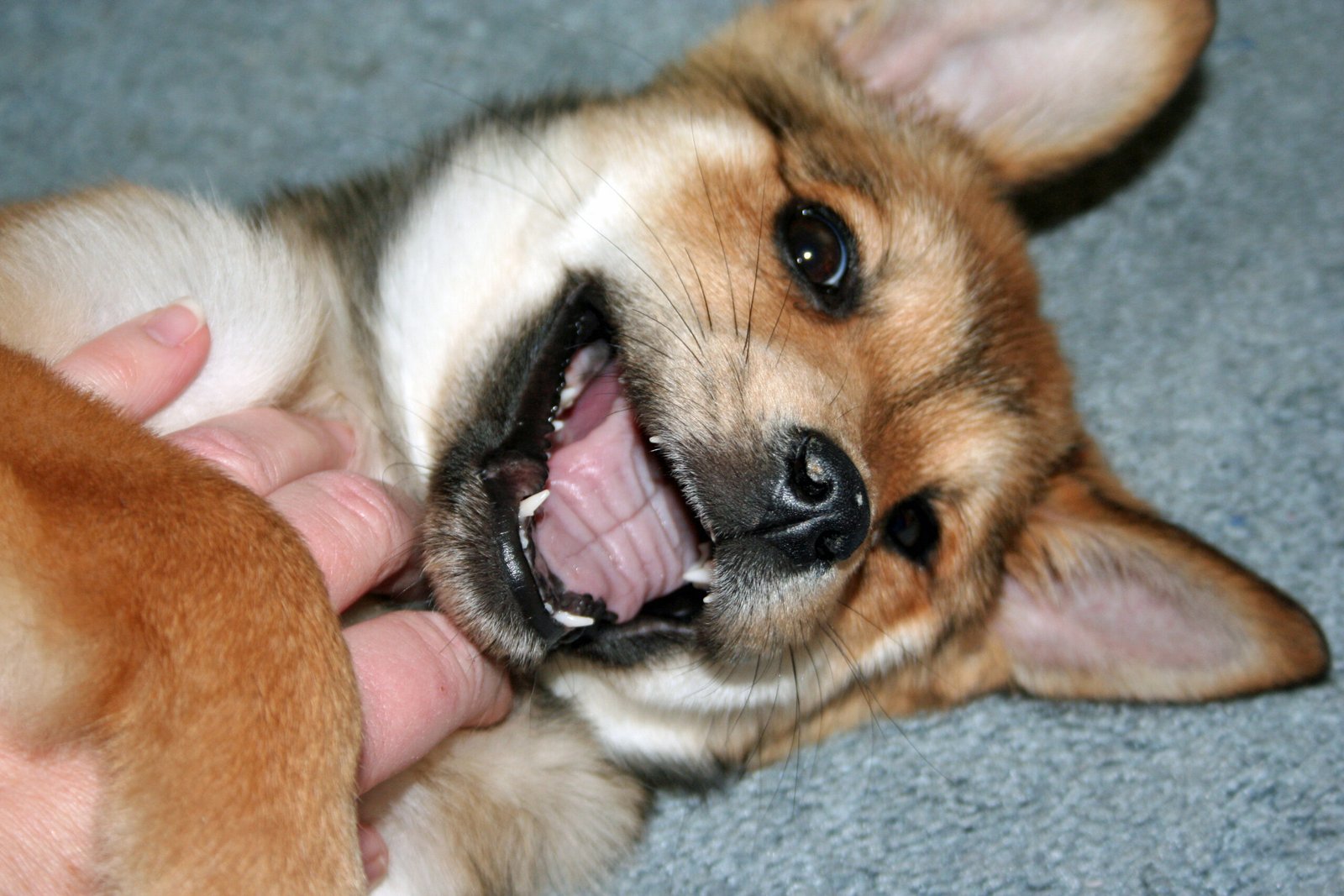
 Red Flag Behaviors
Red Flag Behaviors
